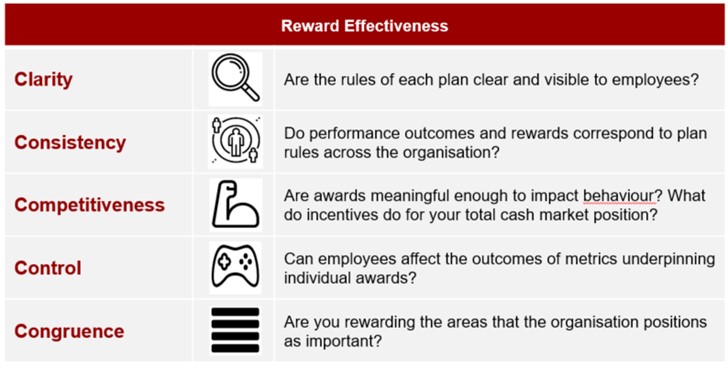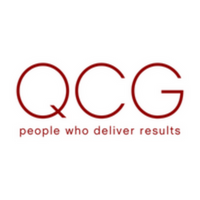Who would want to be a reward manager in 2019/20?

No surprise then that this was a key topic when a group of our clients met for their regular Reward Leaders’ Forum event earlier this month.
What were reward professionals’ biggest headaches?
Ongoing pay issues:
- budgets are still tight, yet compliance with National or London Living Wage is soaking up cash and causing compression with roles that sit just above the minimum level;
- pay inequalities caused by new hires being paid more than incumbents.
And, a shift in emphasis:
- concerns about continuing uncertainties: exchange rates impacting on international costs and stockpiling adding to budget pressures;
- increasing impact of returning European workers diluting the talent pipeline and adding to pay pressures;
- employee engagement in decline through continuing pay frustrations.
Where did the discussion lead us?
Well it’s not all doom and gloom – and not all about pay. The above challenges are widening the agenda that reward managers need to get to grips with, making their roles more interesting.
Reward leaders recognised that if basic pay remains under tight constraint then it’s important that incentives need to be working for the organisation (recognition schemes and bonuses). However, few felt this was the case (a separate subject in its own right).
We also talked about the impact of technology – first, for the way it supports the effectiveness of managing reward; second how it enhances the attractiveness of the job on offer.
Reward managers need to look at high value/low cost technology solutions to deliver more efficient and effective reward outcomes. Critically, they can also shine a light on the business, in terms of how technology can enhance the employee experience and, in doing so, deliver cost savings that might free up cash for reward improvements.
The group also said that they need to be less passive and undertake a deep dive look at the cost of all reward elements (including benefits and allowances) to see where value is truly derived – thus uncovering not just cost savings but greater impact from reward spend.
In this regard, we talked with reward leaders about their impact on the wider employee experience. Employees today have the luxury of choice and will exercise that over more than just pay, such as their employer’s values, the challenge in the job and increased flexibility in how work gets done.
Our Reward Effectiveness ‘Five Cs’ Model is a way of achieving a more effective reward system:

In all of this, one thing stood out as crystal clear. Any employer that does not have (and live) a compelling Employee Value Proposition is going to struggle to attract good talent, keep their employees engaged and maximise the value it gets from its reward spend.
So, being a reward manager at this time is a good place to be!
Alan Hurst, managing director at QCG Ltd.
This article is provided by QCG Ltd.
In partnership with QCG Ltd
QCG provide expert and friendly consultancy on fair pay, effective recognition and a great employee experience.







